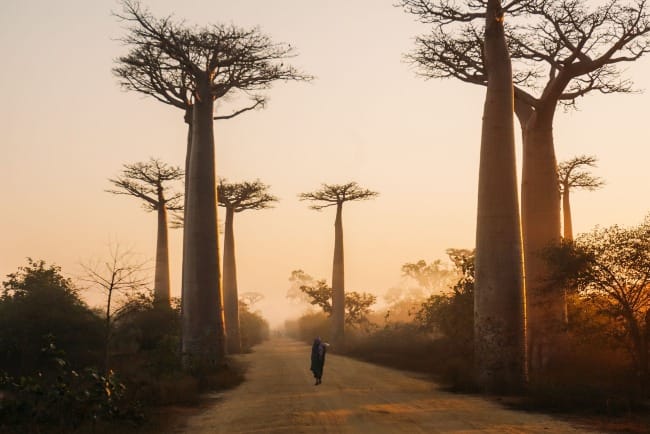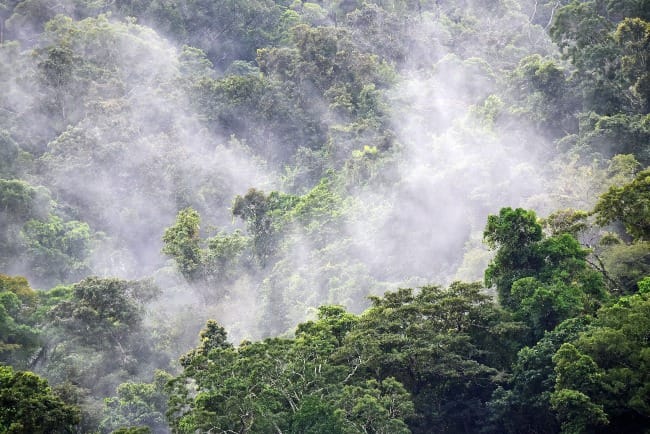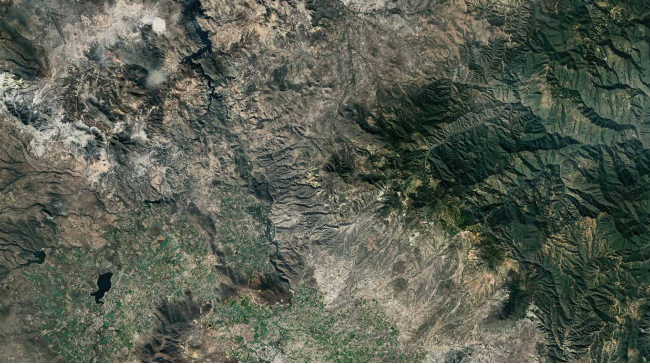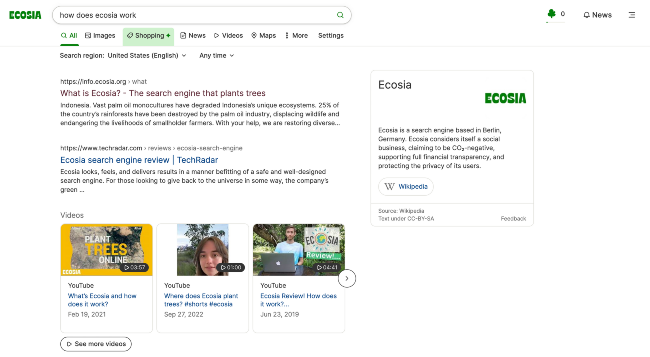If you’re anything like me, you do a lot of online searching. From road trip fun facts to Zoom meeting queries to “what have I seen that actor in before?” we Google things anywhere from 5 to 8 BILLION times a day. What if those searches did more than just provide us with information? What if they created positive change in the world by helping care for creation?
Thankfully, the Internet has many resources that make that very thing possible: browser extensions that plant trees when you open tabs and search engines that help clean oceans. (If you aren't sure what a browser extension is, click here to learn more.) It’s easy to start using these platforms: head to their websites and add the free extensions to your browsers. All of the links are below.

One of these options is TreeTab, an extension for Chrome. Instead of opening a blank new tab, it opens a tab with an image from nature and a small ad. The revenue from those ads goes to Eden Reforestation Project, which plants trees in Madagascar, where increased forest growth helps protect endemic species. The extensions Tero and TreeClicks are very similar, but work on browsers besides Chrome: when you open tabs, you see a small ad, and the revenue goes to protecting existing forests instead of planting more.

There are also search engines that work to have positive impacts on the environment: Ecosia is a free search engine that promises “a better planet with every search.” Ecosia also has a mobile app for iPhone and Android. Similar to the extensions listed above, Ecosia uses ad revenue to finance tree planting projects around the world by partnering with local organizations in more than 35 countries. Searches are carbon neutral or even carbon negative, because they run their servers with solar panels. It takes roughly 45 searches to plant one tree. They also fund other climate action and biodiversity initiatives.

OceanHero is another free search engine and fights against ocean pollution. They use their advertising income to collect plastic from the ocean. For every five searches, they earn enough to recover one plastic bottle. Ekoru, another search engine, also uses their ad revenue to remove garbage from the oceans, as well as for a different social or environmental cause each month. Their servers are powered by hydro-electricity.

I personally use Ecosia, because they have the clearest reporting and are a certified B-corp (B-corps or Benefit-corporations meet high standards of verified performance, accountability, and transparency). In my experience with Ecosia, there aren't any more ads than with a standard Google search, but sometimes the search results aren't exactly what I'm looking for: I usually search with Ecosia first. Since it's free and it plants trees, why wouldn't I? If I need more information, I open another tab with Tero and head to Google or one of these other options. Ecosia uses a similar search service as Yahoo, so if you're already used to that, you might not even notice a difference.

If you try any of these extensions or search engines, or know about others, I’d love to hear about your experience in the comments section below.
Jessalyn
I want to hear from you! We all have different ways to care for creation in our own lives: what do you do to practice earthkeeping? I'd love to hear from you and feature your ideas. Feel free to email me at jessalyn.gentry@circlewood.online.
